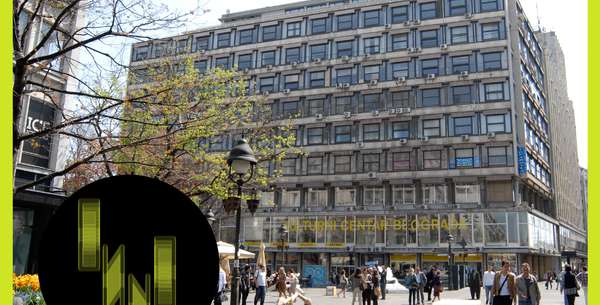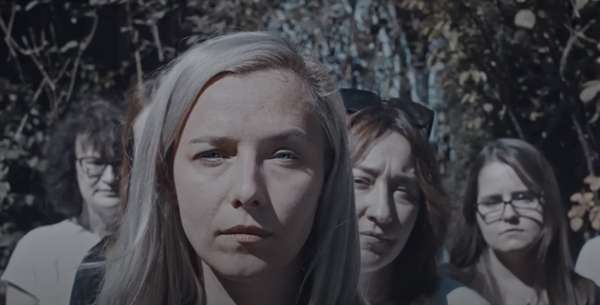Idea by
Viktória Mravčáková, Lýdia Grešáková, Zuzana Tabačková, Zuzana Révészová, Katarína Onderková
Spolka
Call for ideas 2021
Careful mapping
Careful mapping
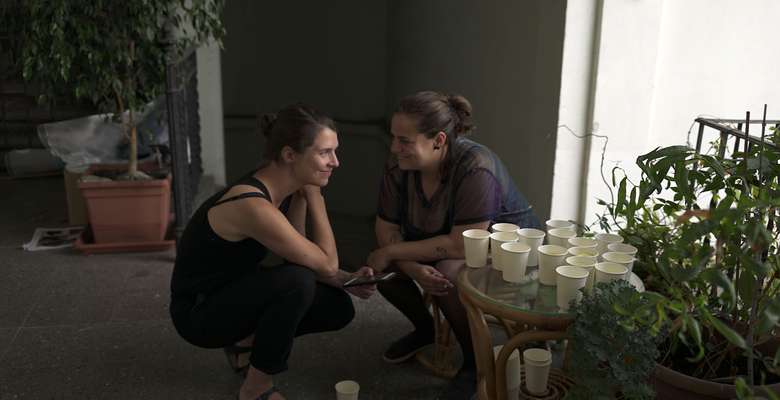
- Systemic changes
To build a world based on care, reciprocity and openness, rather than on the logic of the neoliberal system, we must first learn to see the world differently. We must recognize the plurality of our shared reality and bring into architecture and planning perspectives that are traditionally excluded, for they do not constitute the reality nor the imagined future of white privileged men. Women, people of colour, poor people and also animals, plants and other non-humans need to be given voices in planning. For this, new approaches and methods are needed, for the mainstream methods and tools the planning disciplines inherited replicate the world as we know it. To bring about real change, we must critically reassess them and imagine methods that do not strive towards universality, growth and effectivity but are embodying ideas according to which we want to live better. Through careful mapping, we can bring into planning multiple perspectives and make the future better for more of us.
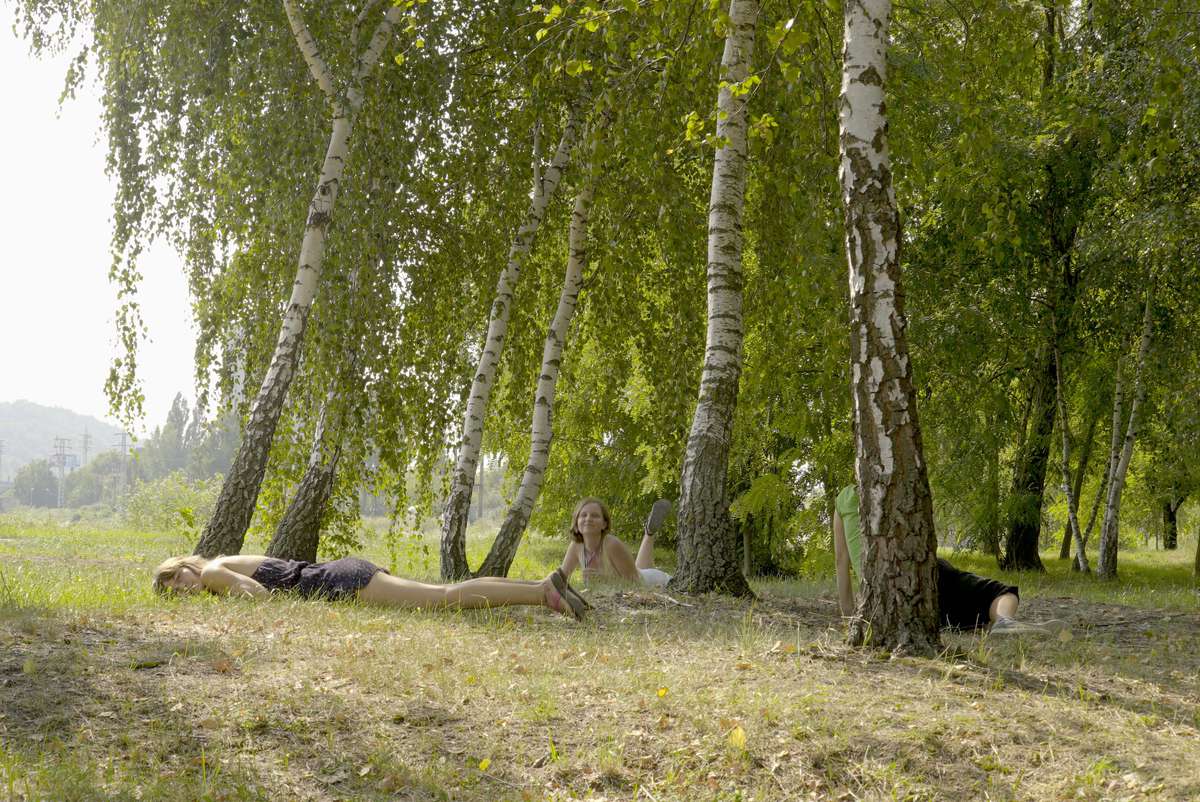
Careful mapping is about spending time with the site. It is to touch it, to smell it, to taste it, to listen to it. To get bored with it. To fall in love with it. To soak up its atmosphere. For these, methods from other disciplines are of great importance: ethnography, performance arts, sound mapping, ect. Photo: Poppy Illsley.
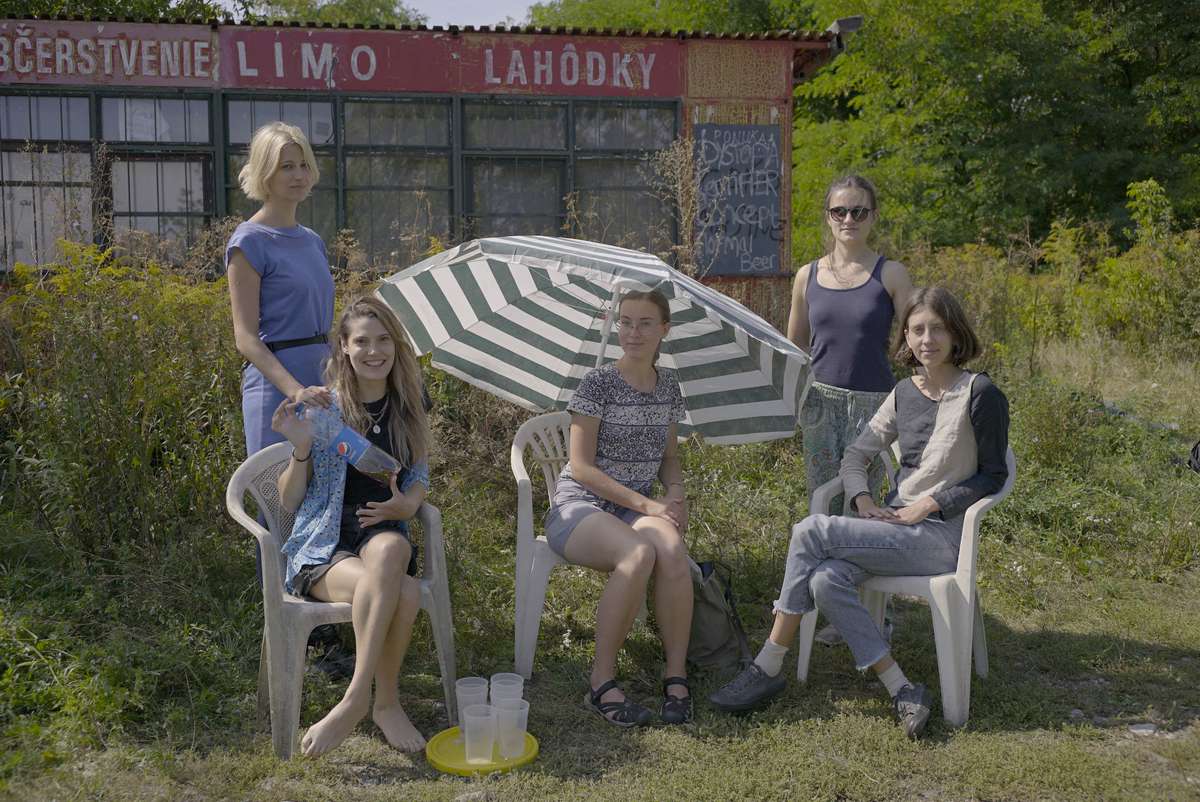
Careful mapping produces futures that are embedded in the context. It is about paying attention to the mundane, to the forgotten and to the excluded. We can learn to see their potentials, weave them into new stories and make them the driving force of change. On the photo: A future envisioned by participants of the Never-never school, enacted through intervention. Photo: Poppy Illsley.
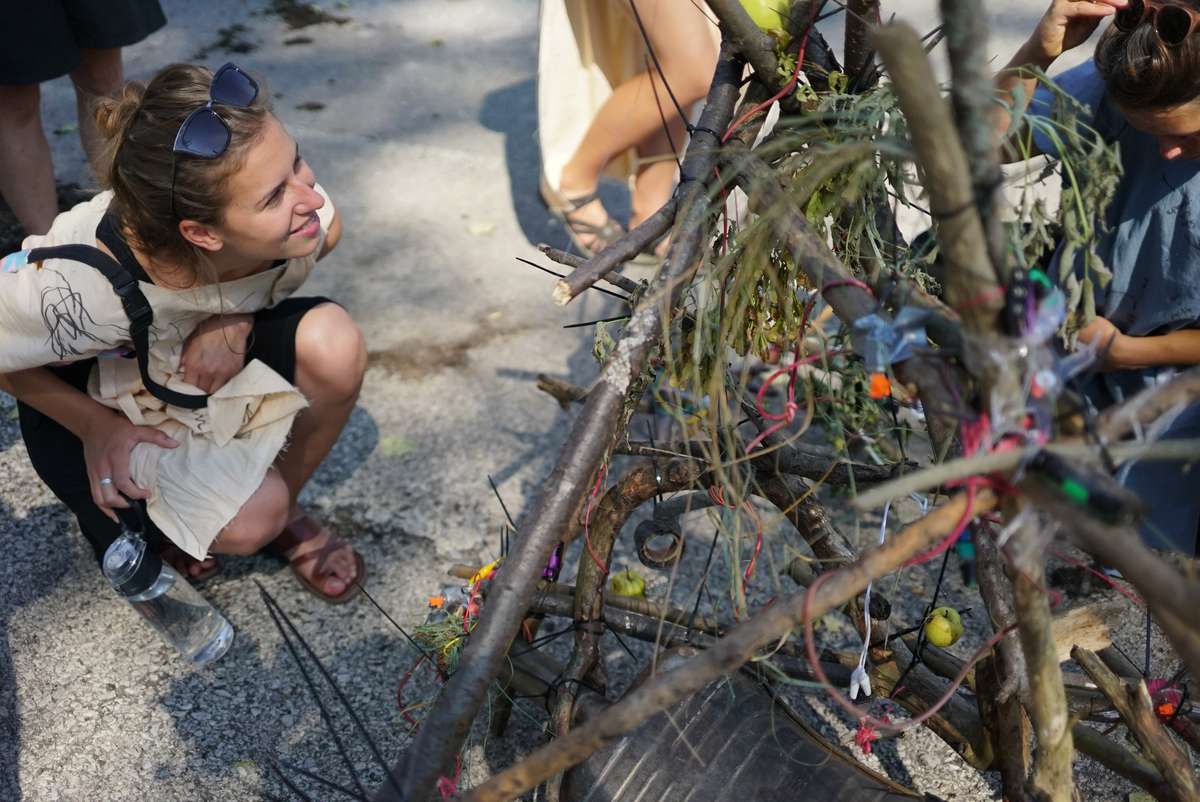
Careful mapping is transdisciplinary and situated. Like every human and non-human actor, so does each discipline have its partial view of the world. Through careful mapping we can collect multiple partial visions and achieve objectivity in this way – by creating what Donna Haraway calls situated knowledges. Photo: Poppy Illsley.
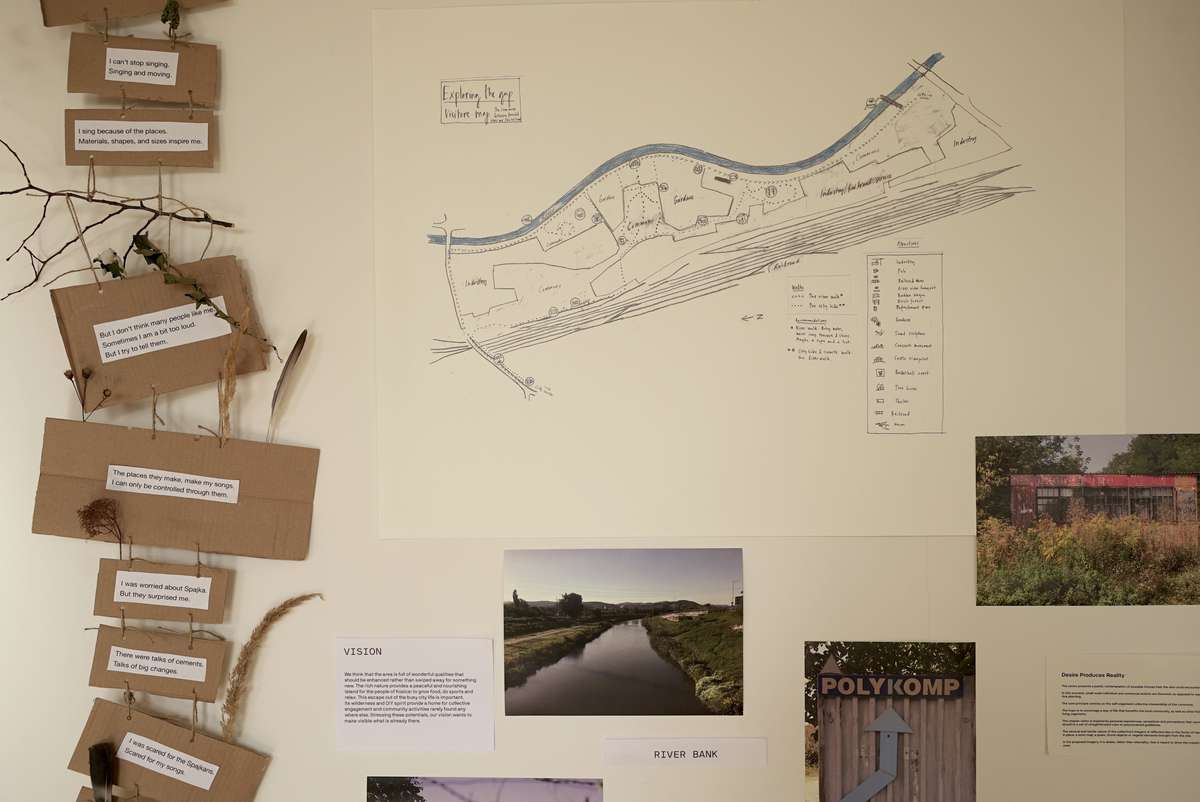
Careful mapping collects various viewpoints, creates counter-maps and uses storytelling to create previously omitted narratives. Photo: Poppy Illsley.
Careful mapping
Careful mapping

- Systemic changes
To build a world based on care, reciprocity and openness, rather than on the logic of the neoliberal system, we must first learn to see the world differently. We must recognize the plurality of our shared reality and bring into architecture and planning perspectives that are traditionally excluded, for they do not constitute the reality nor the imagined future of white privileged men. Women, people of colour, poor people and also animals, plants and other non-humans need to be given voices in planning. For this, new approaches and methods are needed, for the mainstream methods and tools the planning disciplines inherited replicate the world as we know it. To bring about real change, we must critically reassess them and imagine methods that do not strive towards universality, growth and effectivity but are embodying ideas according to which we want to live better. Through careful mapping, we can bring into planning multiple perspectives and make the future better for more of us.
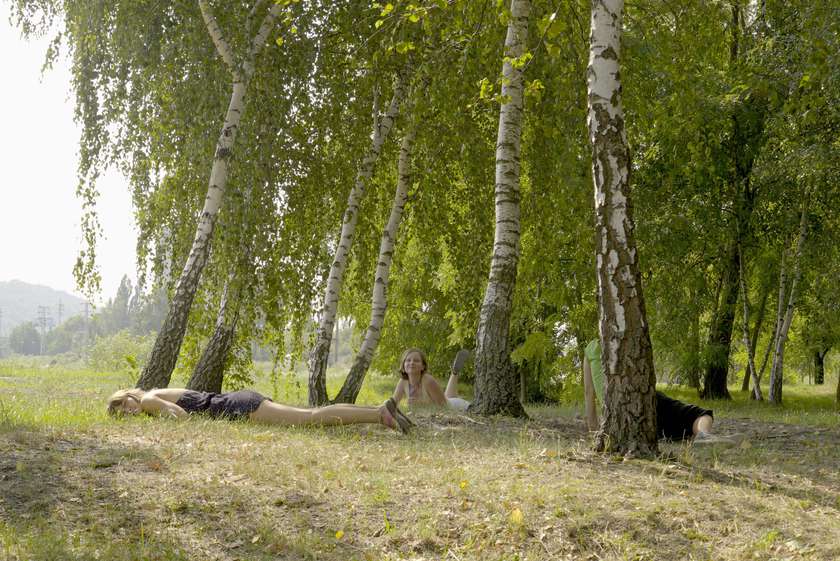
Careful mapping is about spending time with the site. It is to touch it, to smell it, to taste it, to listen to it. To get bored with it. To fall in love with it. To soak up its atmosphere. For these, methods from other disciplines are of great importance: ethnography, performance arts, sound mapping, ect. Photo: Poppy Illsley.
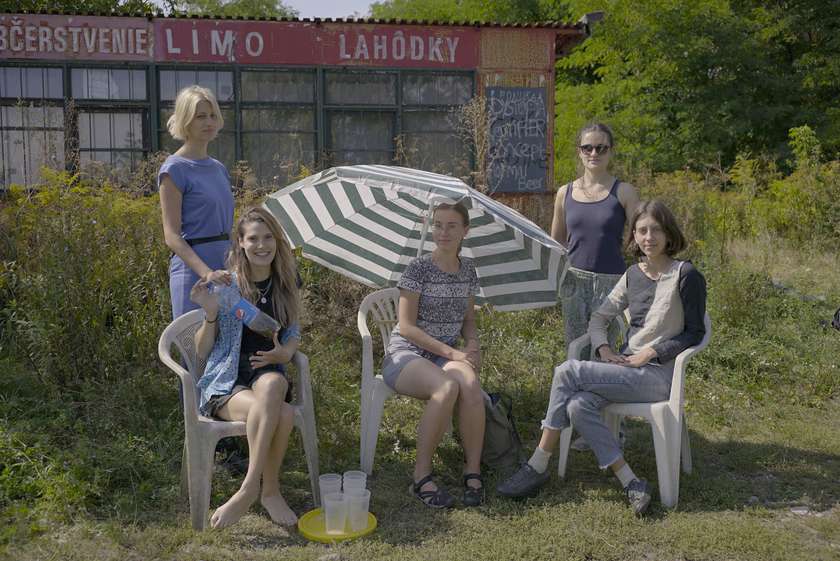
Careful mapping produces futures that are embedded in the context. It is about paying attention to the mundane, to the forgotten and to the excluded. We can learn to see their potentials, weave them into new stories and make them the driving force of change. On the photo: A future envisioned by participants of the Never-never school, enacted through intervention. Photo: Poppy Illsley.
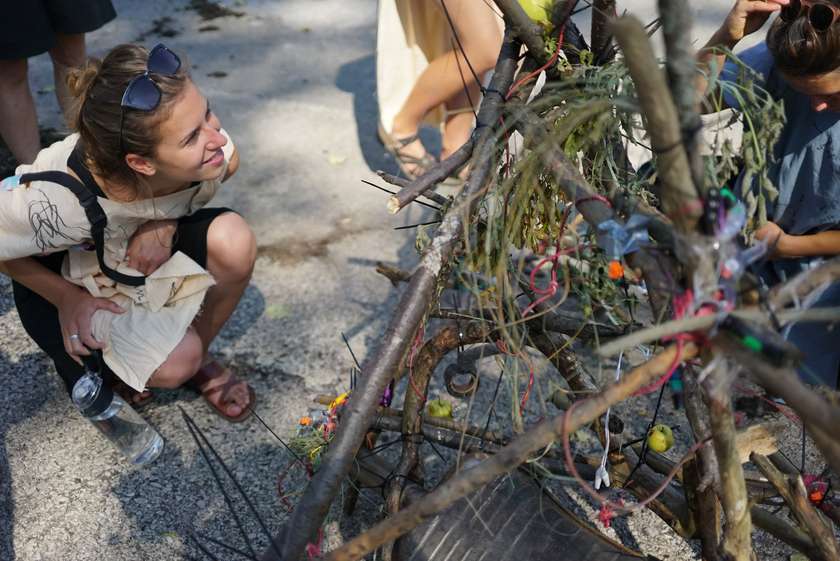
Careful mapping is transdisciplinary and situated. Like every human and non-human actor, so does each discipline have its partial view of the world. Through careful mapping we can collect multiple partial visions and achieve objectivity in this way – by creating what Donna Haraway calls situated knowledges. Photo: Poppy Illsley.
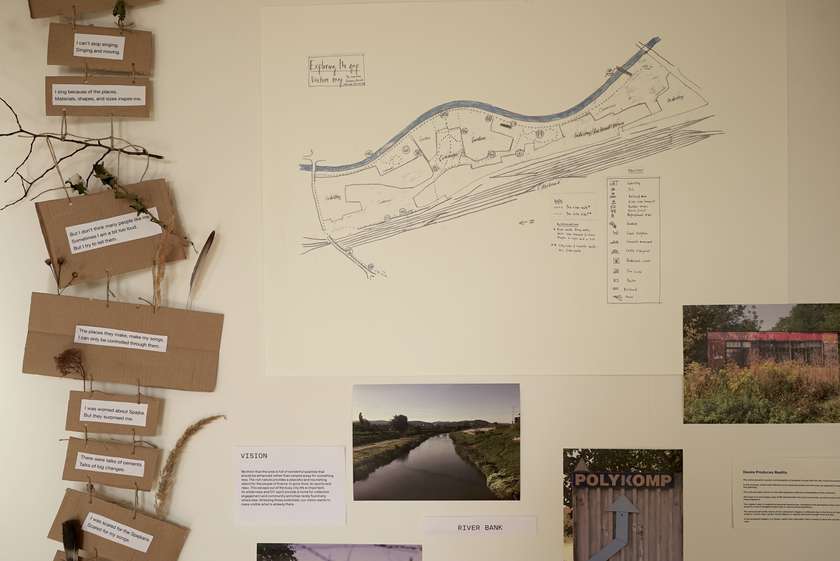
Careful mapping collects various viewpoints, creates counter-maps and uses storytelling to create previously omitted narratives. Photo: Poppy Illsley.
